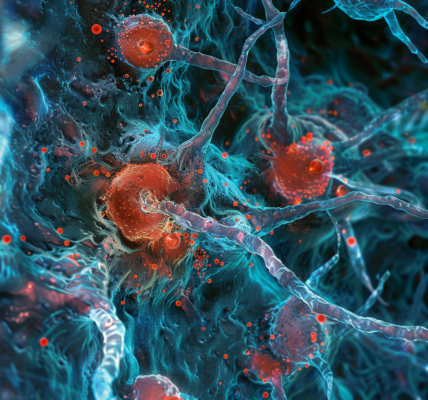Genetic Markers Linked to Increased Risk of Colorectal Cancer from Red and Processed Meat Consumption
Researchers have recently conducted a study to investigate the potential influence of genetics on the risk of colorectal cancer associated with the consumption of red and processed meats. The findings, published in Cancer Epidemiology, Biomarkers & Prevention, have identified two genetic markers that may increase the susceptibility of certain individuals to colorectal cancer.
Red and processed meats have been strongly linked to negative health outcomes, particularly an increased risk of developing colorectal cancer. However, the specific mechanisms underlying this association have remained unclear. Understanding these mechanisms is crucial for effective prevention strategies.
The study, led by researchers from the University of Southern California (USC) Norris Comprehensive Cancer Center at the Keck School of Medicine, aimed to explore whether genetic differences could modulate the risk of cancer associated with red and processed meat consumption. This research represents one of the largest gene-environment studies investigating the relationship between red meat and colorectal cancer.
The team analyzed data from approximately 70,000 individuals, including both colorectal cancer patients and healthy participants of European origin. Standard measures for red and processed meat consumption were established, and participants were categorized into different consumption groups. The analysis revealed that individuals with the highest red meat intake exhibited a 30% increased risk of colorectal cancer, while those with the highest processed meat consumption showed a 40% elevated risk. However, these findings did not account for potential genetic variations that could impact an individual’s susceptibility.
Subsequently, the researchers utilized DNA samples to conduct a genome-wide search for single nucleotide polymorphisms (SNPs) – variations in the DNA sequence. This genomic analysis aimed to identify genetic markers that might interact with red and processed meat consumption to influence colorectal cancer risk.
The study’s findings unveiled two genetic markers associated with an elevated risk of colorectal cancer linked to red and processed meat consumption. These genetic variations could potentially render certain individuals more susceptible to the carcinogenic effects of these dietary factors.
Overall, this study provides valuable insights into the interplay between genetics and dietary factors in colorectal cancer risk. Understanding the genetic underpinnings of the relationship between red and processed meat consumption and cancer susceptibility could pave the way for personalized prevention strategies and interventions.





